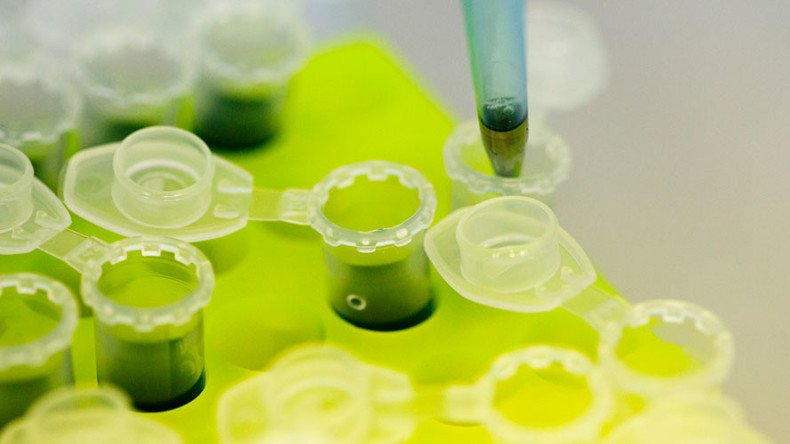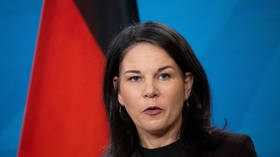No valid evidence $40,000 miracle drug cures hepatitis C – study

A drug hailed as a ‘miracle cure’ for hepatitis C might actually be nothing of the sort, according to new research.
The Cochrane Collaboration, an independent global network of researchers, assessed trials of breakthrough hepatitis C treatments and discovered that expensive direct-acting anti-viral drugs (DAAs) may be ineffective against the disease.
“The lack of valid evidence and the possibility of potentially harming people with chronic hepatitis ought to be considered before treating people with hepatitis C with DAAs,” the report concludes.
1,000s of Brits getting hepatitis from EU-imported pork. https://t.co/06RehSOboD
— RT UK (@RTUKnews) May 22, 2017
DAAs had been touted as a cure for hepatitis C – a viral infection that leads to chronic liver diseases such as cirrhosis and cancer – as it clears the disease from the bloodstream within 12 weeks. Now, however, the Cochrane report claims this is not sufficient evidence that the virus has been eradicated from the body.
“It is questionable if an eradication of hepatitis C virus in the blood leads [to] no hepatitis C in the body and improved survival and fewer complications,” the report reads.
After conducting a review of 138 trials funded by drugs manufacturers, researchers said they found little evidence that DAAs alleviated the symptoms of hepatitis C. The review also said there were as few deaths among those taking the drugs as those taking a placebo.
The review reads: “All trials and outcome results were at high risk of bias, which means that our results presumably overestimate the beneficial effects of DAAs and underestimate any potential harmful effects.”
Speaking to the Guardian, AbbVie, one the manufacturers of the drugs, hit back at the findings, saying: “A cure in [hepatitis C] is defined as undetectable virus in the blood 12 weeks after completing treatment and, in the UK, fewer than 1 percent of people treated with AbbVie’s therapy did not achieve this.”
#WHO splurges more on posh travel than it spends on fighting AIDS & malaria – AP report https://t.co/G0FyoSQe30pic.twitter.com/ZRqgs9a278
— RT (@RT_com) May 22, 2017
Last year, DAAs made headlines after experts from the World Health Organisation (WHO) suggested that no country in the world could afford to treat everyone needing them due the prohibitive cost of $40,000 per patient.
The WHO estimated that the treatments would cost more than 10 percent of the drugs budget of the Netherlands, and almost double the budget of Poland.
“It is a lot of money – more than most countries have to spend,” said Suzanne Hill, director of WHO’s medicines department.












